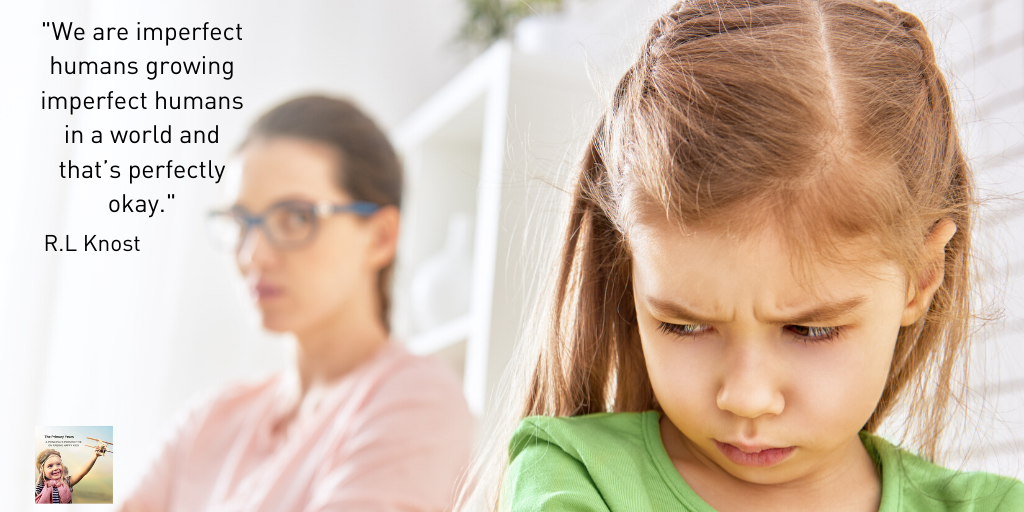Dealing with the put downs
Nobody likes being put down. Children especially can begin to see putdowns as something they deserve or an indication that they are not worthy to be given credibility. No matter how we avoid them they often come our way, subtly or more directly.
If a child takes an aggressive response to the put down, the problem can quickly escalate. When the child responds by passively giving in and not responding, they can build resentment and this behaviour does not stop the put downs from coming their way. The best response is for a child to be assertive, expressing themselves in a way that clearly tells the offender that their behaviour was unacceptable. This assertive way of responding does not put the other person down which further shows maturity on the part of the child being put down.
The best way to be assertive is to state it clearly.
“I am upset that you speak that way. I find it offensive.”
“I am disappointed in your words. They are quite hurtful.”
“I don’t like the way you talk to me. It’s quite inappropriate.”
These responses are about informing the offender that their words are offensive. In no way does it seek retribution, but it puts the offender on notice that their words were not to be tolerated.
It is also about looking the offender in the eye, being clear in your speech and showing confidence in the way you calmly rebuff their accusations. This is about developing emotional maturity which helps the child respond in ways that give them a sense of being in control. As the parent you can help your child show assertiveness by the following:
Give the example of being assertive yourself when you feel spoken to or treated poorly.
Teach your child to use the “I” statement. Get them to practise them….
“I am disappointed when…”
“I am unhappy when…”
“I do not like your behaviour when…”
Once the child becomes familiar with using this language, they have a quick and effective way of responding to the person putting them down. The more they use it, the stronger they feel.
Discuss times when you used assertive approaches in your life and how you felt afterwards.
From time to time tap in with them in relation to how they feel about themselves when others speak poorly to them. Sometimes frequent and subtle put downs can build up considerable feelings of being bullied. Ignoring put downs can also encourage the offender to keep on with the attack.
In a classroom, it is common practice that teachers will role model how to be assertive and encourage children to use language that works. Whilst still taking responsibility when they see a child bullying another, they will still teach the offended child to be assertive to prevent future attacks and to recognise when words used are unacceptable.
The teacher will also instruct the child using an “I” statement to state clearly the reasons for the upset.
“I am angry when you laugh at my new glasses.”
“I feel very upset when you laugh at my stutter.”
Teachers will also encourage children to recognise when a put down is unacceptable. Accepting and tolerating put downs requires a maturity to determine the intent.
However, should put downs become unmanageable then adult intervention should take place. Take care to know when this is necessary as prolonged and unmanaged putdowns can turn into severe bullying.
Finally, you the parent through your own experiences can model when a put down is not acceptable. Your understanding of your child’s sensitivity and emotional maturity should give you the guidance to teach them how to be assertive and in control at any age.
“Our ultimate freedom is the right and power to decide how anybody or anything outside ourselves will affect us.”



















